Tag :
Danlanud
- Asep Haryono | The Reason the Supreme Court of the Republic of Indonesia Decided that Education Are All Free - Powered by Blogger
The Reason the Constitutional Court of the Republic of Indonesia Ruled Education Must Be Free
The Constitutional Court (MK) has ordered the government to provide free education for the full nine years of compulsory schooling, applying this rule to both public and private schools. This decision was announced during a session at the MK Building in Central Jakarta on Tuesday, May 27, 2025, and published on the MK website the following day.
The Court partially granted a judicial review of Law Number 20 of 2003 on the National Education System (Sisdiknas). The petition, filed under case number 3/PUU-XXIII/2025, was submitted by the Indonesian Education Monitoring Network along with three individual petitioners: Fathiyah, Novianisa Rizkika, and Riris Risma Anjiningrum. Fathiyah and Novianisa are housewives, while Riris is a civil servant.
The MK declared that Article 34, paragraph (2) of the law contradicts the 1945 Constitution and has no binding legal force unless it is interpreted to mean:
“The Government and Regional Governments must ensure the implementation of compulsory education at least at the basic level without charging fees, whether at schools operated by the government or by private institutions,”
stated Chief Justice Suhartoyo.
Constitutional Judge Enny Nurbaningsih noted that limiting fee-free education only to public schools creates inequality. Due to limited space in public schools, many students are forced to attend private institutions and face higher financial burdens.
For example, during the 2023/2024 academic year, public elementary schools could only accommodate 970,145 students, while private schools admitted 173,265. At the junior high level, public schools accepted 245,977 students, compared to 104,525 in private schools.
The Court emphasized the state’s constitutional duty to ensure access to basic education without economic barriers. Article 31, paragraph (2) of the 1945 Constitution requires the government to fund basic education, whether it is managed by the state or the community.
The MK concluded that the central and regional governments must guarantee the availability of free primary education in all schools—public or private—to fulfill constitutional mandates and uphold equal access for all students.
+++
The Court partially granted a judicial review of Law Number 20 of 2003 on the National Education System (Sisdiknas). The petition, filed under case number 3/PUU-XXIII/2025, was submitted by the Indonesian Education Monitoring Network along with three individual petitioners: Fathiyah, Novianisa Rizkika, and Riris Risma Anjiningrum. Fathiyah and Novianisa are housewives, while Riris is a civil servant.
The MK declared that Article 34, paragraph (2) of the law contradicts the 1945 Constitution and has no binding legal force unless it is interpreted to mean:
“The Government and Regional Governments must ensure the implementation of compulsory education at least at the basic level without charging fees, whether at schools operated by the government or by private institutions,”
stated Chief Justice Suhartoyo.
Constitutional Judge Enny Nurbaningsih noted that limiting fee-free education only to public schools creates inequality. Due to limited space in public schools, many students are forced to attend private institutions and face higher financial burdens.
For example, during the 2023/2024 academic year, public elementary schools could only accommodate 970,145 students, while private schools admitted 173,265. At the junior high level, public schools accepted 245,977 students, compared to 104,525 in private schools.
The Court emphasized the state’s constitutional duty to ensure access to basic education without economic barriers. Article 31, paragraph (2) of the 1945 Constitution requires the government to fund basic education, whether it is managed by the state or the community.
The MK concluded that the central and regional governments must guarantee the availability of free primary education in all schools—public or private—to fulfill constitutional mandates and uphold equal access for all students.
+++











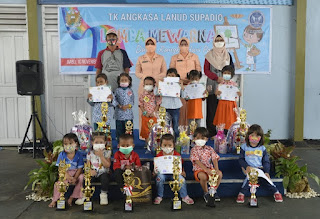



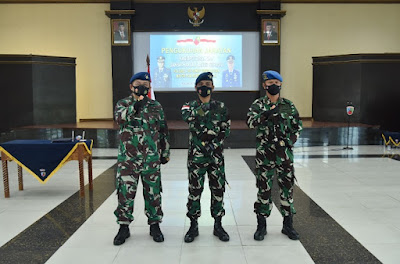

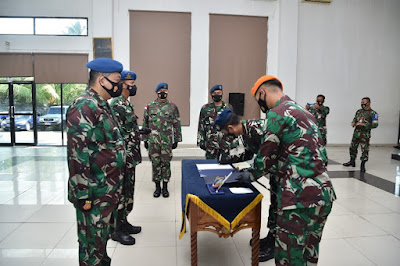
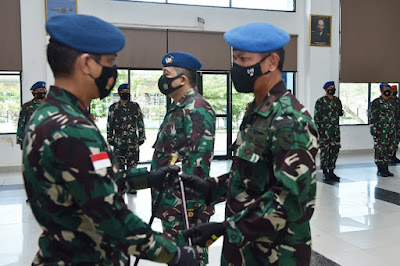
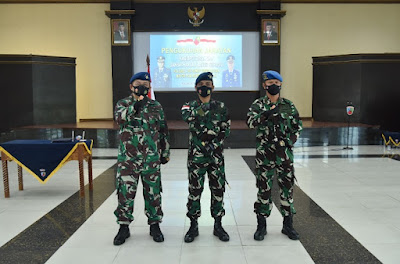

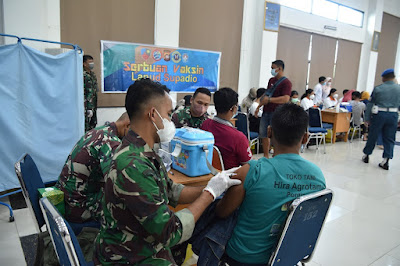

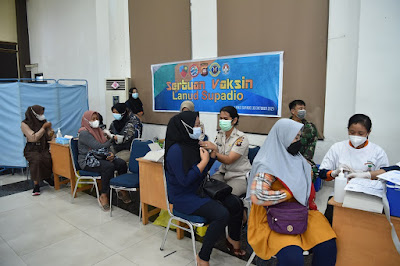





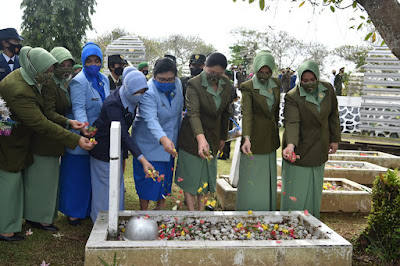
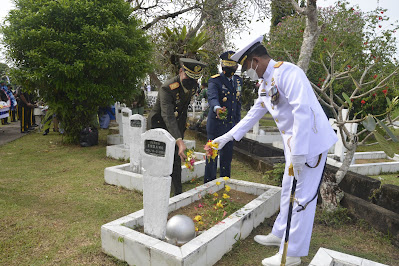
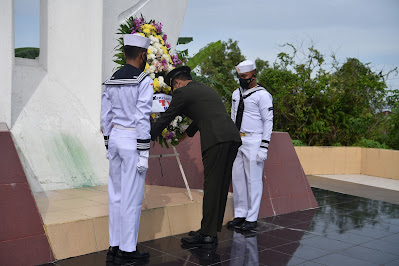


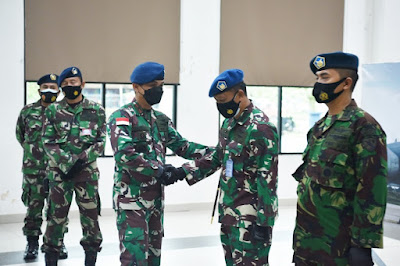






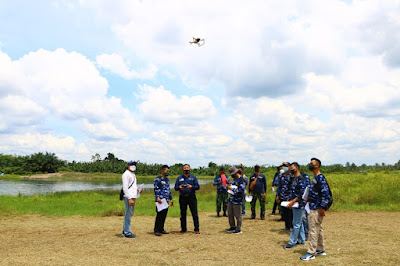





















Thank you for posting about this. Personally, when I think of Indonesia, I think mostly ...